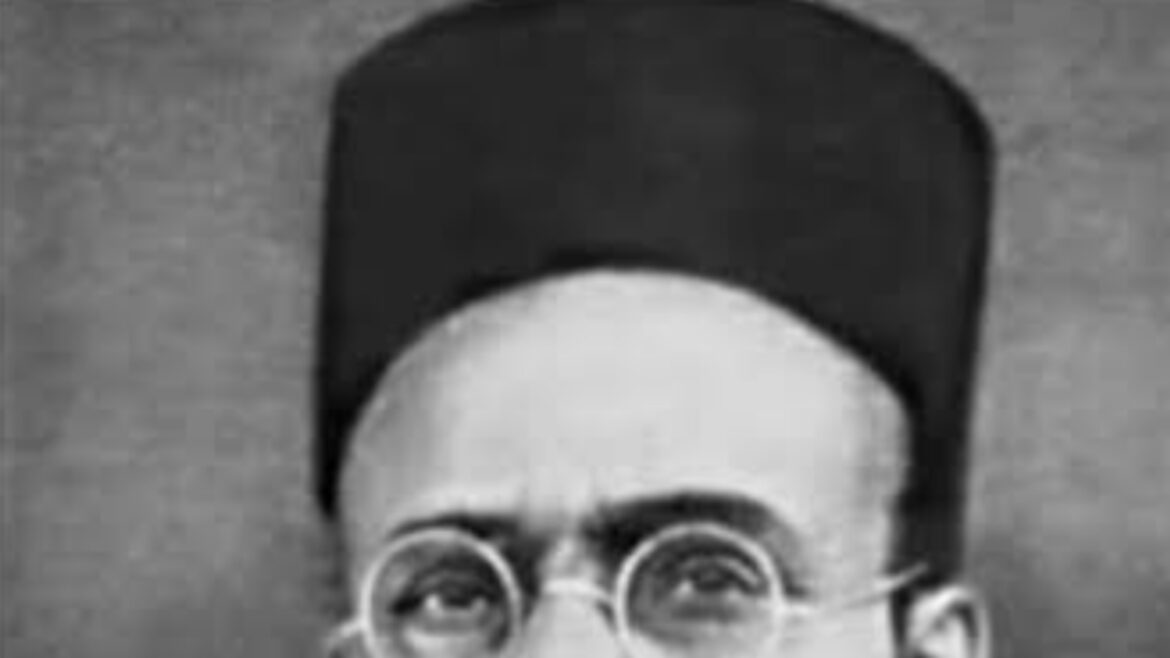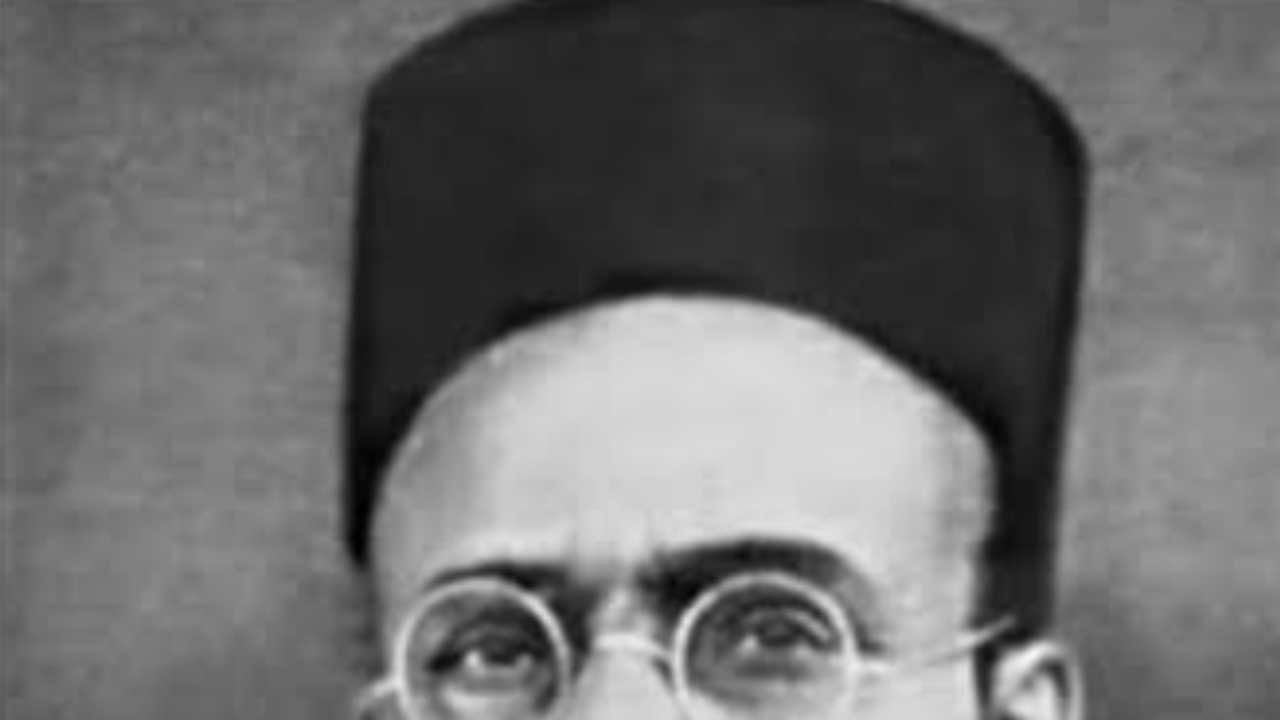
Hindutva ideologue Vinayak Damodar Savarkar was a valiant freedom fighter, an enthusiastic social reformer and a devout nationalist.
Born on May 28, 1883 in a middle-class family at Bhagur, a village near Nasik in Maharashtra, Savarkar was an inborn genius, who had a rare talent for poetry and his poems were published by well-known newspapers when he was hardly ten years old.
Savarkar was conscious of the suffering of the people and was emotionally disturbed by the suffering of the people. The harsh treatment and excesses by the British drove him to join the freedom struggle and help fulfil the incomplete mission of the martyrs to make India free of British rule.
Related News | 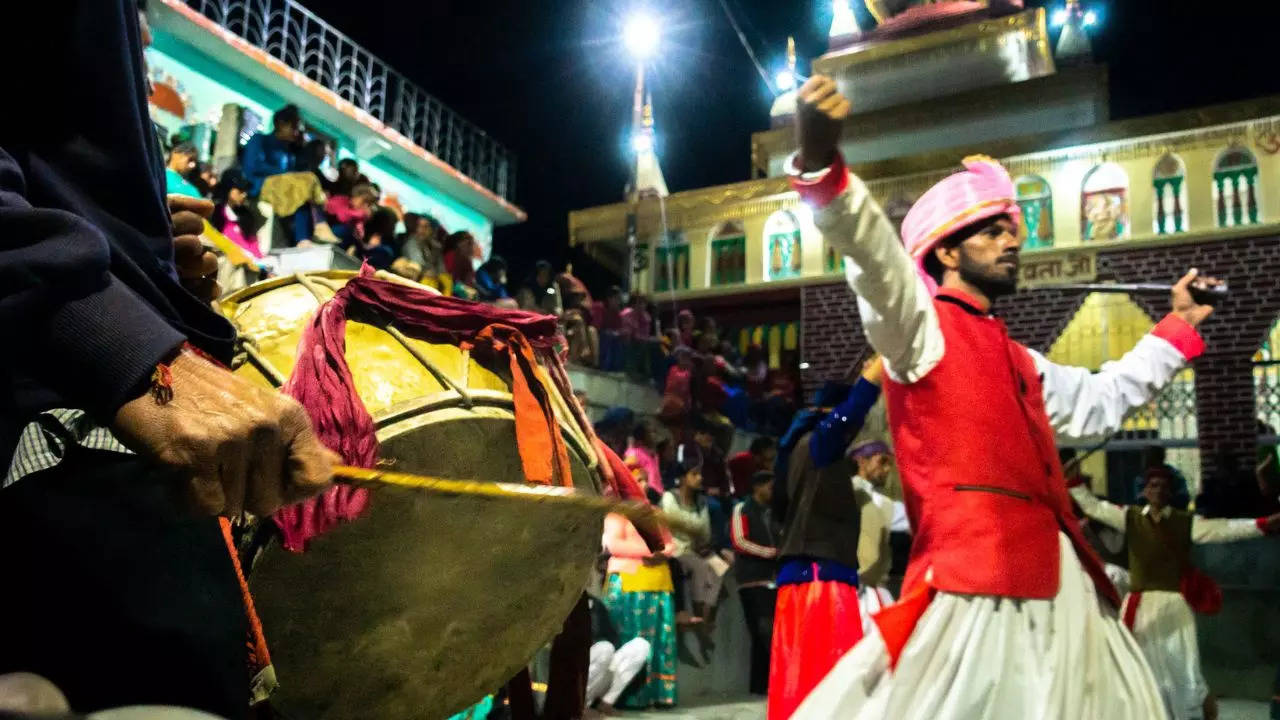
Navratri Around The World: A Look At How Different Countries Celebrate This Festival Of Goddess Durga
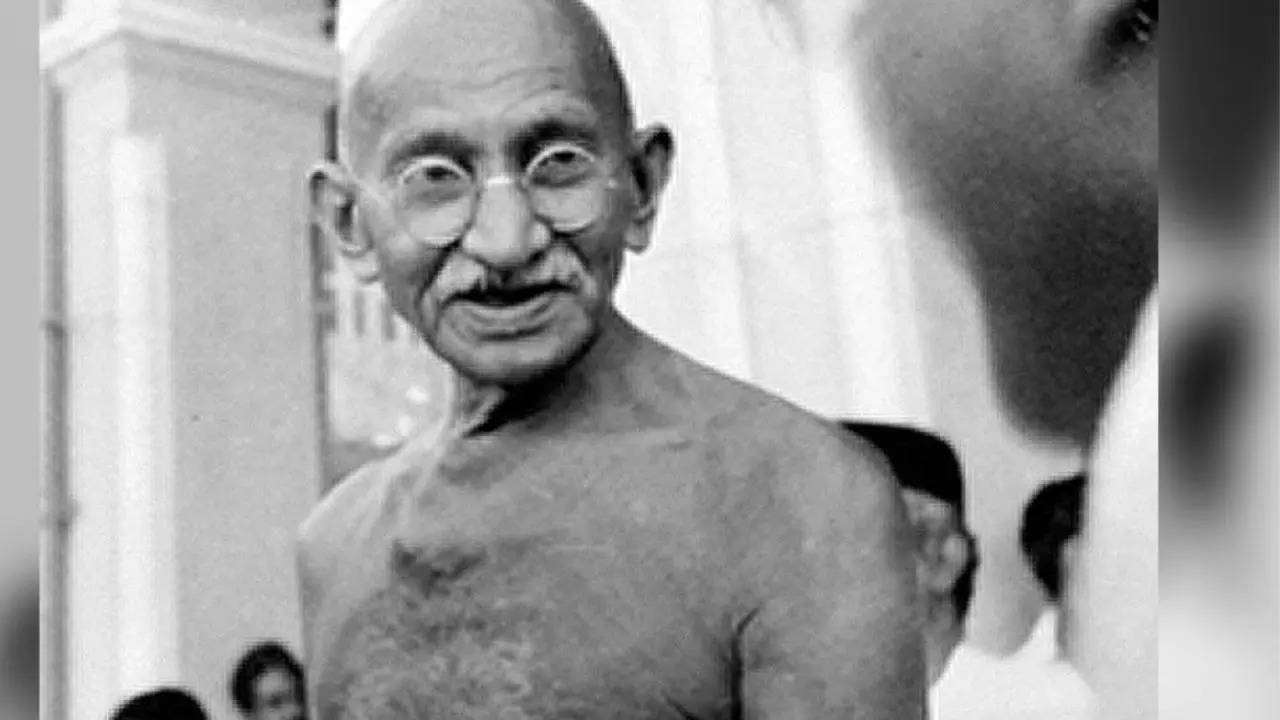
When Mahatma Gandhi Wrote A Letter To Adolf Hitler To Prevent World War II
Read More: No Criminalisation Of Marital Rape, Says Government In Supreme Court Submission
In 1899, 16-year-old Savarkar formed Mitra Mela, a group that worked to attain complete political independence of India. Later, the name of the group was changed to Abhinava Bharat.
In 1906, Savarkar left for London to study law. He continued his vision there also and started the Free India Society. During this period he wrote The Indian War of Independence, 1857 (1909) in which he wrote that the Indian Mutiny of 1857 was the first expression of Indian mass rebellion against British colonial rule.
Related News | 
'Love Jihad' Threat to Nation's Unity And Security, Says UP Court, Links It To Foreign Funding
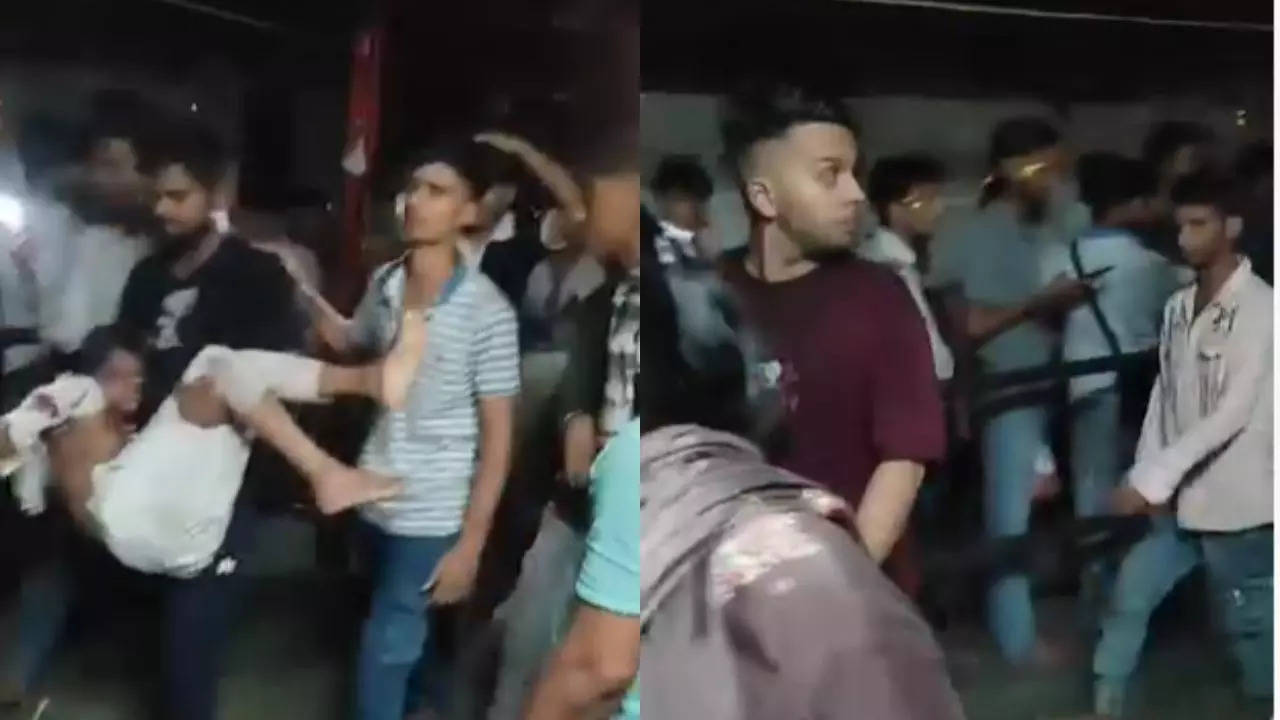
Chaos At Delhi's Kalkaji Temple, Teen Electrocuted During Navratri Celebrations, 6 Hurt In Stampede: VIDEO
Four years later, in March 1910, Savarkar was arrested on various charges relating to subversion and incitement to war and was sent to India for trial and was convicted. At the young age of 27, he was he was transported to the Andaman Islands for detention "for life". In prison, he was yoked to the oil-mill like a bullock and was not even given more than a certain quantity of water, as a result of which his health deteorated and soon he was reduced to a skeleton. He was later released in 1924.
Read More: Chaos At Delhi’s Kalkaji Temple, Teen Electrocuted During Navratri Celebrations, 6 Hurt In Stampede: VIDEO
While imprisoned, he wrote Essentials of Hindutva (1923), coining the term Hindutva (“Hindu-ness”), which sought to define Indian culture as a manifestation of Hindu values rooted in the Indian subcontinent. The epigraph of his book defines the concept: “A HINDU means a person who regards this land of BHARATVARSHA, from the Indus to the Seas as his Father-Land as well as his Holy-Land that is the cradle land of his religion.” (Bharata is the Sanskrit name—Bharat in Hindi—for the Indian subcontinent, and varsha means “country” in Sanskrit.) This concept grew to become a main tenet of Hindu nationalist ideology and the groups that were developed to promulgate that ideology, such as the Rashtriya Swayamsevak Sangh (RSS), a paramilitary organization that was founded in 1925 based on Savarkar’s ideas, according to Britannica.
Savarkar Waged War against Casteism And Untouchability
After his release from jail in 1924, Savarkar took up the task of social reform and waged a war against casteism and untouchability and and also wrote against the taboos regarding inter-caste marriages and re-conversion.
In 1937, Savarkar was elected President of the Hindu Mahasabha and presided over the post for five consecutive years. Savarkar also spoke vehemently against partition as he had envisioned India as one in which all citizens would have equal rights and obligations irrespective of caste, creed, race or religion.
Savarkar also realised the importance of economy and suggested a few broad principles of economic policy like nationalisation of of some of the key industries and steps to be taken by the state to protect national industries against foreign competiton.
Towards the later years of his life, Savarkar was confined to bed after his health deteriorated. Ultimately, on 26 February 1966, he breathed his last. He was 83.

